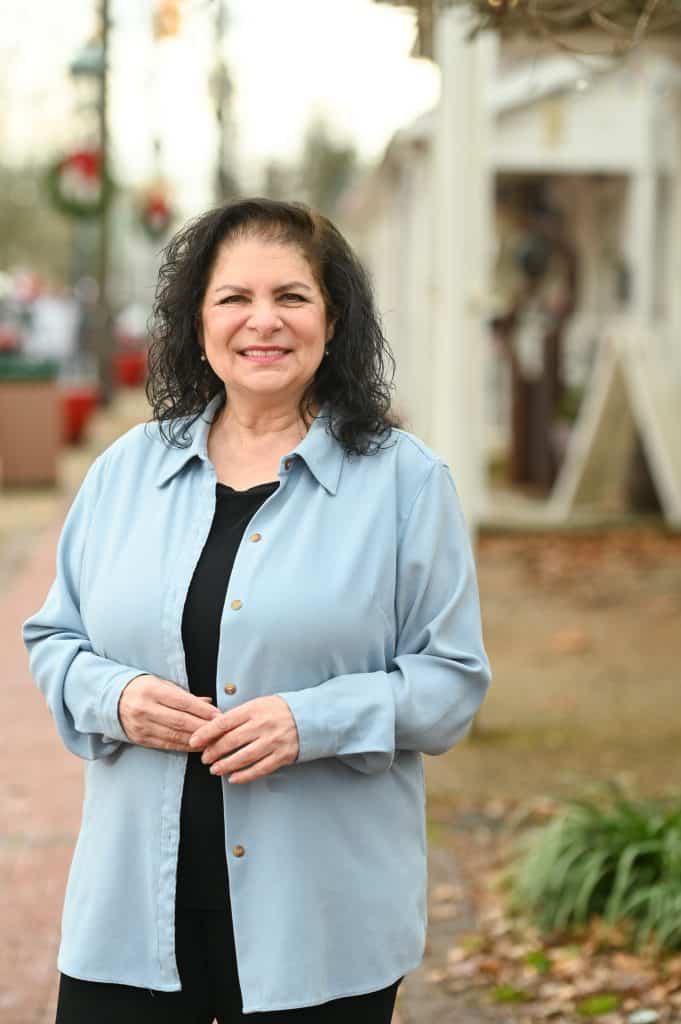

New Jersey could end up with hundreds of millions of dollars in settlement money from litigation regarding opioids, and state Sen. Dawn Addiego is leading the charge to ensure that money goes back into helping the communities affected by addiction.
“This money has to go back to help the people it’s intended for,” she said.
Deaths by overdose in the state have been on the rise. In 2018, the state reported 2,900 opioid related deaths, according to the National Institute on Drug Abuse. Two years later, there were at least 142 more.
In Burlington County alone, the majority of Addiego’s district, at least 149 residents died in 2020, and the county administered nearly 800 doses of Naloxone, an overdose reversing drug.
“It’s really a staggering increase,” the senator said. “I think we saw even more and [opioids] had even more of an effect during COVID.”
Addiego noted that her family has been affected by addiction.
“I’m fortunate that my family member was able to pull her way out of it,” she noted. “But, there’s so many family members that don’t.”
New Jersey has already been granted at least $21 million in settlement funds this year. In the past, the state has used settlement funds to fill gaps in the budget, according to Addiego. She plans to introduce legislation to require that the funds go toward programs that have a long-term impact on the opioid crisis.
A recent report from Johns Hopkins University urges state governments to use opioid settlement money to save lives, invest in youth prevention, focus on racial inequity and be transparent about spending.
The senator, who represents Marlton, Shamong and Medford, among other towns, foresees funds going to programs like Burlington County’s Straight to Treatment, which helps people struggling with addiction get into rehabilitation programs, or to county review teams that can analyze data and find best practices for combating the epidemic.
Prevention Plus, an educational drug abuse prevention organization in Burlington County, is one entity that could benefit from extra funding, said Coalition Coordinator Joe Conlin.
“It’s still too many,” he said of overdose deaths. “Money coming to agencies like ours would be outstanding.”
Addiego worries that if settlement funds aren’t directly dedicated to initiatives working to end the crisis, state overdose deaths will continue rising and New Jersey will run into the same problems it did when allocating tobacco settlement funds more than 20 years ago.
Since 1998, the state has received more than $800 million from tobacco settlements, but has used less than 1 percent of that to support tobacco prevention, according to the Campaign for Tobacco Free Kids.
A lack of prevention measures has led to a new epidemic: vaping.
“The vaping wave took over and there was no money available to do vaping prevention,” Conlin explained. “I’m sure the state will get their share, but targeting money towards prevention, treatment, counseling — all that at the local level — could prevent something like that.”
“I don’t want to see what happened to the tobacco money happen to this money,” Addiego added.









